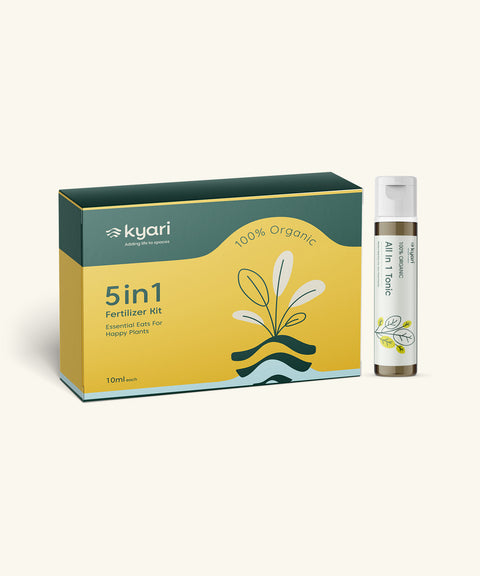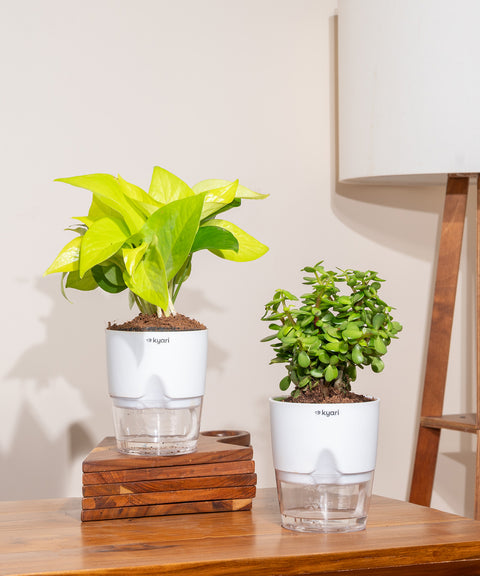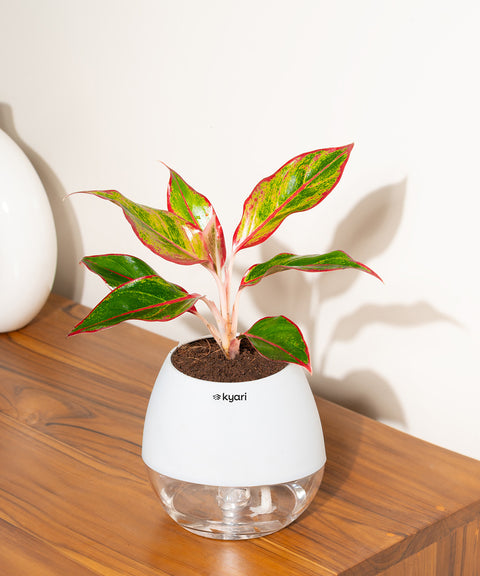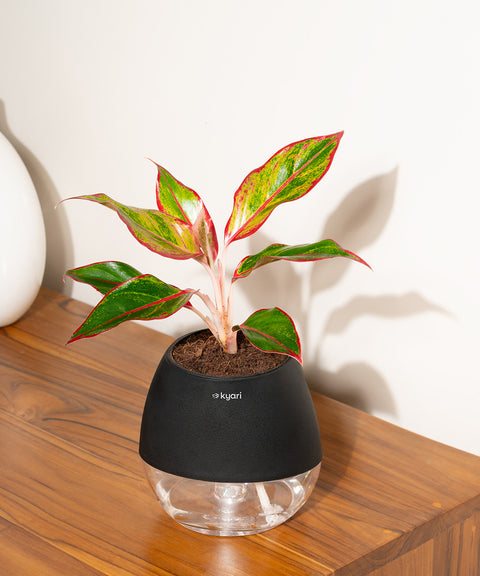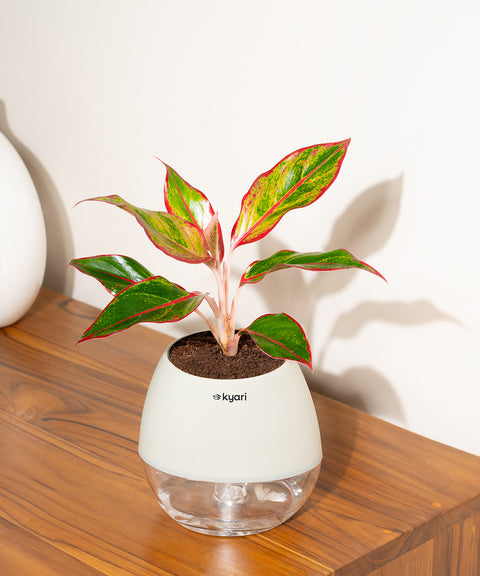Tulsi, also known as holy basil, is a sacred plant in India that has been used for its medicinal properties for centuries. There are several types of tulsi plants in India, each with its unique features and benefits. In this blog, we will discuss some of the most popular types of tulsi plants and their usage.

Helps boost immunity
Tulsi is loaded with Vitamin C and zinc. These leaves work as a natural immunity booster and they help in keeping different types of infections away. Tulsi leaves have anti-bacterial, anti-viral, and anti-fungal properties that can benefit health in various ways.
Helps reducing fever
The leaves of the plant have anti-bacterial and anti-viral properties and this can help in fighting infections, and reducing fever. You can take the fresh juice of Tulsi with black pepper powder if you are dealing with periodic fevers.


Combats respiratory issues
Tulsi is enriched with camphene, cineole, and eugenol, and it can help you deal with cold and congestion in the chest. Juice of Tulsi leaves mixed with honey and ginger can be very beneficial to combat respiratory issues.
Reduces stress and blood pressure
For those who are dealing with stress and other feelings of anxiety, Tulsi can be beneficial. Tulsi is enriched with Ocimumosides A and B. the compounds that help in reducing stress and blood pressure.


Improves heart health
Tulsi leaves can be the right choice for your heart, the leaves of the plant can benefit your heart in various ways.

Key types of Tulsi
Rama Tulsi: Rama Tulsi is one of the most common types of tulsi plants in India. It has light green leaves with a slightly sweet fragrance. Rama tulsi is believed to have several health benefits, including improving digestion, reducing stress, and boosting immunity.
Krishna Tulsi: Krishna Tulsi is another popular variety of tulsi plant in India. It has dark green leaves with a slightly spicy fragrance. Krishna tulsi is believed to have several medicinal properties, including reducing inflammation, improving respiratory health, and boosting immunity.
Vana Tulsi: Vana Tulsi is a wild variety of tulsi plant that is found growing in the forest areas of India. It has light green leaves with a slightly bitter taste. Vana tulsi is believed to have several health benefits, including reducing stress, improving digestion, and boosting immunity.
Kapoor Tulsi: Kapoor Tulsi is a type of tulsi plant that is widely grown in India for its medicinal properties. It has green leaves with a strong aroma of camphor. Kapoor tulsi is believed to have several health benefits, including improving respiratory health, reducing stress, and boosting immunity.
Amrita Tulsi: Amrita Tulsi is a rare variety of tulsi plant that is found growing in the Himalayan region of India. It has light green leaves with a slightly sweet fragrance. Amrita tulsi is believed to have several medicinal properties, including reducing stress, improving respiratory health, and boosting immunity.
Usage of Tulsi Plants:
Medicinal: Tulsi plants have been used for their medicinal properties in Ayurvedic medicine for centuries. They are believed to have several health benefits, including reducing stress, improving respiratory health, and boosting immunity.
Religious: Tulsi plants are considered sacred in Hinduism and are often grown in homes and temples. They are believed to have spiritual and purifying properties and are used in various religious rituals and ceremonies.
Culinary: Tulsi leaves are also used in Indian cuisine for their aromatic flavor. They are added to tea, soups, and other dishes to enhance the taste and aroma.
Aromatic: Tulsi plants have a pleasant aroma and are often grown for their aromatic properties. They can be used to freshen up the air in homes and offices.
The bottom line
In conclusion, tulsi plants are an essential part of Indian culture and have been used for their medicinal, religious, culinary, and aromatic properties for centuries. With their unique features and benefits, each type of tulsi plant has its specific usage and significance in Indian traditions and Ayurvedic medicine.








 Limited Time Deal
Limited Time Deal
 BYOB - Small Plants
BYOB - Small Plants











